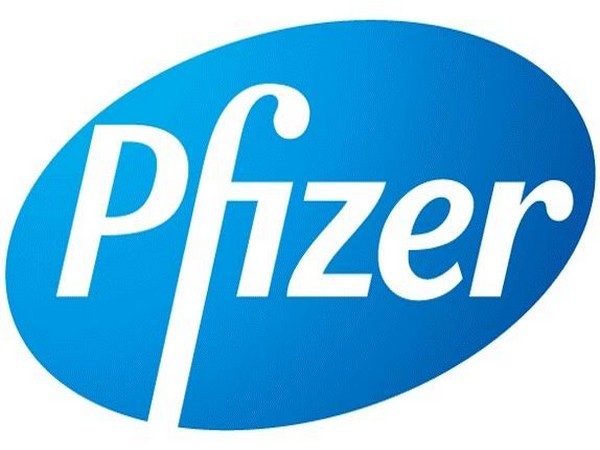Health Alert: Latest Updates from India, Uganda, and Pfizer
A summary of current health news, including a Nipah virus death in Kerala, an mpox case rise in Uganda, and Pfizer's efforts to boost Braftovi use for lung cancer. Nipah has prompted 151 contacts being observed, Uganda's mpox count is up to ten, and Pfizer reports promising Phase 2 study results.

Following is a summary of current health news briefs.
A 24-year-old student has died from the Nipah virus in the southern Indian state of Kerala, a local medical official said on Monday, and 151 people who came into contact with the victim are under observation to prevent the spread of the deadly virus. This is the second death caused by Nipah in Kerala since July. Nipah is classified as a priority pathogen by the World Health Organization (WHO) because of its potential to trigger an epidemic. There is no vaccine to prevent infection and no treatment to cure it.
The number of mpox infections in Uganda has risen to ten and all of the patients have a strain of the virus, clade 1b, that is more transmissible between people, a health official said on Saturday. The country borders the Democratic Republic of Congo where the current outbreak began in January 2023, making Uganda a particular focus point for health officials.
Pfizer is trying to increase doctor awareness of and testing for a rare lung cancer mutation to help boost use of its drug Braftovi, which the pharmaceutical maker anticipates could grow to become the standard of care. The company presented three-year follow-up data from a Phase 2 study on Saturday looking at patients with BRAF V600E-mutant metastatic non-small cell lung cancer who received Braftovi and another Pfizer drug, Mektovi, as a first treatment. The study showed they had a median of over two-and-a-half years of progression-free survival, a measure of how long treated patients live before their cancer gets worse.
(With inputs from agencies.)










